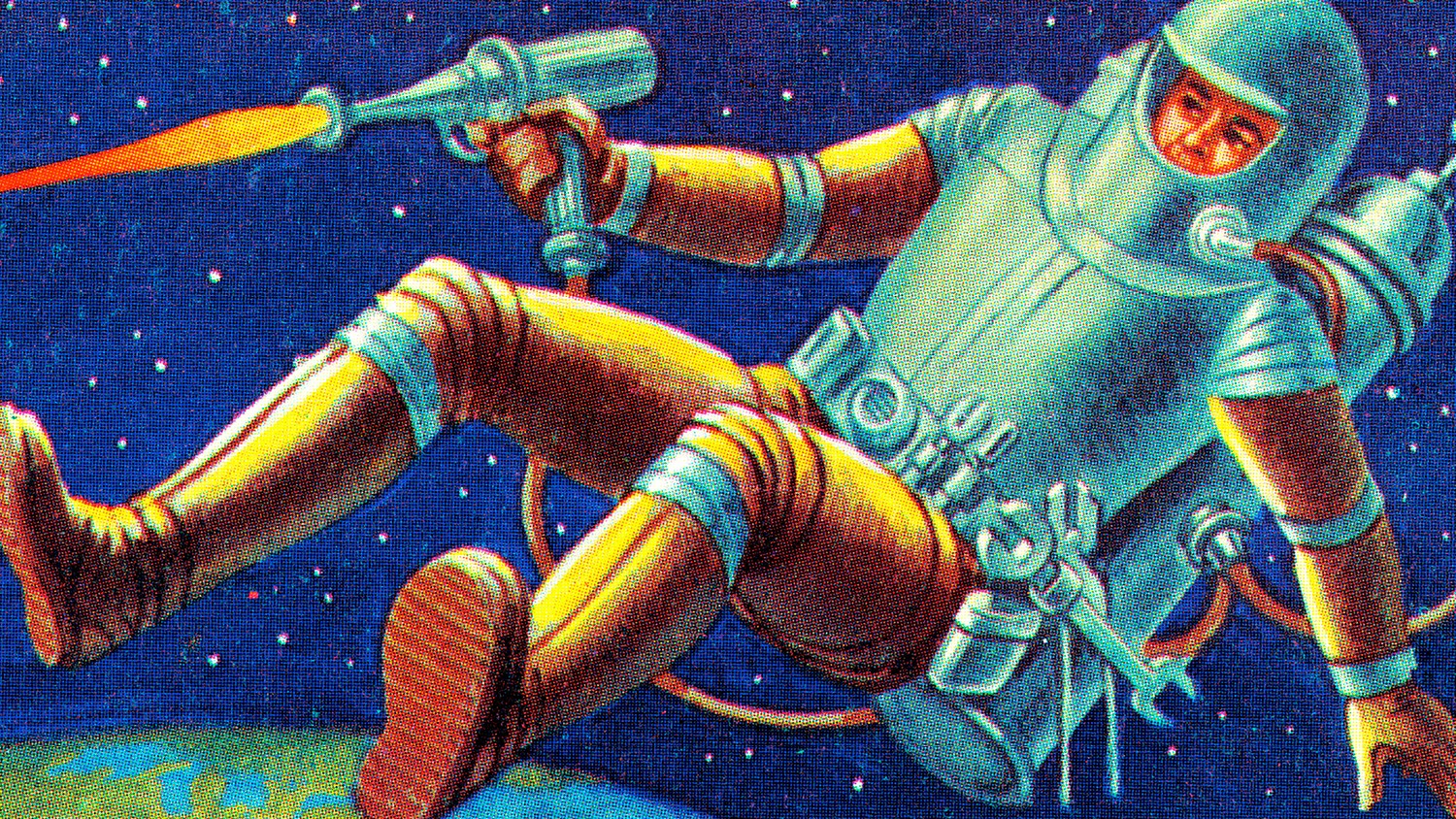You Are By Nature Self-Deficient

You are by nature self-deficient. Your constitution guarantees it, initially, chronically, and inalienably. Biology defying individualistic ideas now hide these once self-evident truths.
1. Though the opposite is claimed, no human has ever been “born alone” and survived. Being human means being born as the most other-dependent offspring in nature. “No creature…takes longer to mature than a human child,” says Sarah Blaffer Hrdy, or needs as much help. Modern hunter-gatherer children need 13 million calories to reach food independence.
2. Many “professional” thinkers haven’t properly digested that initial self-deficiency, “you could read 2,500 years of philosophy and find almost nothing about children,” observes Alison Gopnik.
3. Enlightenment individualism began by willfully ignoring our beginnings. Hobbes’ “war of all against all” thought experiment explicitly assumed men were “sprung out of the earth … suddenly, like mushrooms, come to full maturity without” assistance. Mary Astell mocked Hobbes’ magic mushroom men who matured “without … mother… or … dependency.” Sadly Hobbes’ ideas still mushroom.
4. Even after you can feed and fend for yourself, you’re still chronically self-deficient. Darwin said any species that could “profit by living in society” would evolve social instincts. “Individuals which took the greatest pleasure in society would best escape various dangers; whilst those that … lived solitary would perish in greater numbers.” And any human without a “trace of such feelings” was “an unnatural monster.” We’re likely the social-est species ever and evolved to chronically crave company.
5. Self-sufficiency seekers are further thwarted by division of labor. Only a division of ideas from reality enables psychotic individualists (a Tony Kushner coinage) to ignore our hugely increased interdependence. The market’s invisible hand may hide the masses on the other sides of your transactions, but if their situations aren’t sustainable, neither is yours.
6. Tocqueville described individualism as “a novel idea [that]…proceeds from erroneous judgment.” Viable forms of individualism mustn’t misjudge our biological or economic other-dependence. Too much “professional” thinking ignores that our only options have long been co-thriving or no thriving.
Though we can’t be born alone, we can achieve dying alone, often by having lived too individualistically.
A version of this was first posted at Scientific American’s web site.
Illustration by Julia Suits, The New Yorker Cartoonist & author of The Extraordinary Catalog of Peculiar Inventions.





